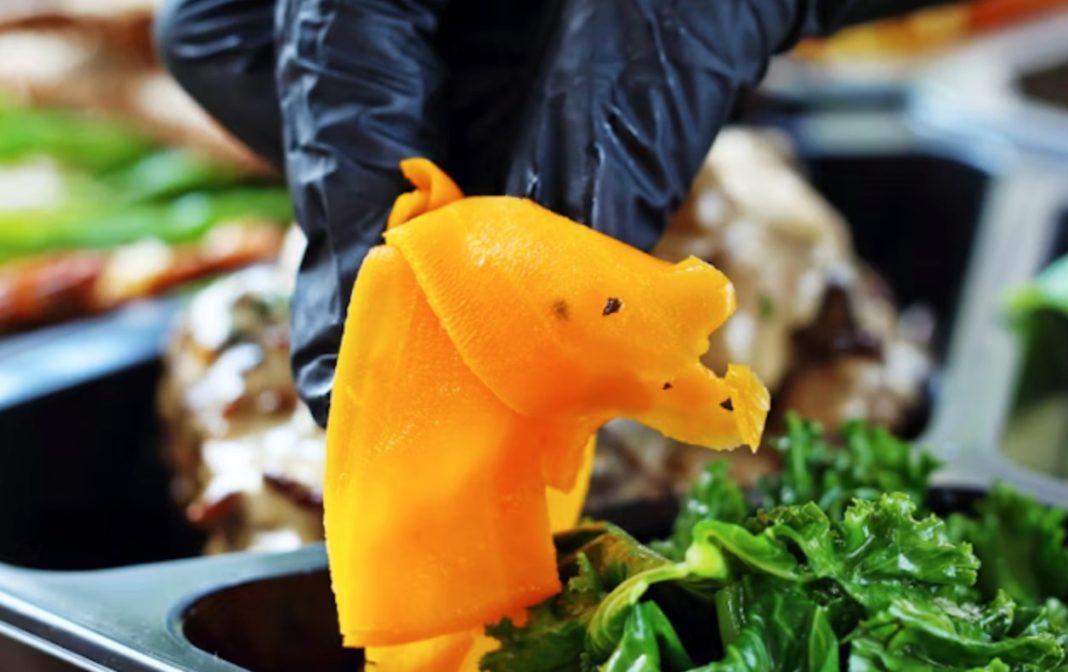As friends and families get ready to kick off summer by firing up the grills and serving food at their cookouts, the U.S. Department of Agriculture’s (USDA) Food Safety and Inspection Service (FSIS) shared some tips to keep such celebrations safe in a press release Tuesday.
“Food safety is a year-round priority, but it’s especially important during summer months when we’re cooking outdoors and handling food in warmer temperatures,” said FSIS Administrator Dr. Denise Eblen.
“We have simple but effective steps that can keep you and your family safe while enjoying those outdoor meals,” she said.
The FSIS offered some key recommendations for safe outdoor cooking practices.
Grill surfaces should be washed with soap and water, and cooks should ensure old residue is scraped away.
If there is no access to a faucet, carry bottled water, soap and paper towels, the FSIS said.
After washing, start your grill and allow the heat to kill any remaining bacteria before cooking.
Cross-contamination can be prevented by packing raw meats in sealed containers and placing them at the bottom of the cooler to prevent juices from contaminating other items.
When grilling, use separate plates, cutting boards and utensils for raw and cooked foods.
Never place cooked food on unwashed plates that held raw meat, poultry or seafood.
In the release, the FSIS said that color is not a reliable indicator of doneness and cooks should use a food thermometer to ensure foods reach a safe minimum internal temperature.
A safe temperature for beef, pork, lamb and veal steaks, chops and roasts, as well as fish and shellfish, is 145 F, FSIS said.
Ground beef, pork, lamb and veal should be cooked to 160 F, according to the release, and poultry, whether whole or ground, should reach a temperature of 165 F.
According to the FSIS, there is a “danger zone,” between 40 F and 140 F, in which the bacteria that can cause foodborne illness can grow.
If perishable foods are kept on the table for more than two hours, or one hour in temperatures above 90 F, hot foods should be kept hot and cold foods should be kept cold to avoid bacterial growth, the agency said.
Hot foods can be kept at or above 140 F on chafing dishes or a preheated grill, and cold foods can be chilled at or below 40 F by placing them in bowls of ice or keeping them inside a nearby cooler.
By: Food safety is important when cooking out | Local News | rdrnews.com






